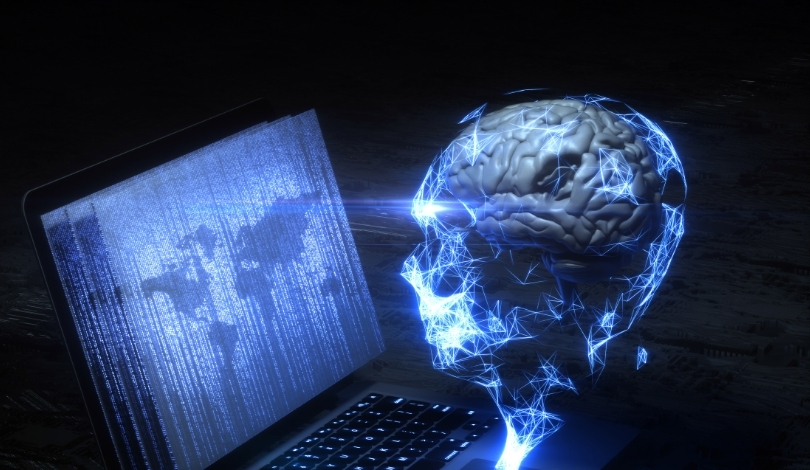As artificial intelligence continues to evolve, its application in workforce development is expanding. AI-driven tools are reshaping how employees learn and grow, offering more personalized, interactive, and efficient training solutions. Companies are investing heavily in these technologies to stay competitive and enhance employee skills. This shift towards AI-powered learning may redefine traditional workforce development paradigms.
Generative AI systems are gaining traction for their potential to revolutionize workforce development. McKinsey’s recent report highlights three significant advantages of generative AI: enhancing knowledge retention through personalized learning, facilitating skill development in simulated environments, and providing real-time feedback to reduce administrative burdens. These benefits make AI an attractive option for businesses seeking to optimize their training programs.
Power of Generative AI in Learning
Companies like IBM have already implemented AI-powered platforms to tailor learning experiences to individual employees. These systems use machine learning algorithms to create content that meets specific needs and learning styles. While large enterprises are at the forefront of this innovation, smaller organizations also leverage AI to streamline workflows and improve training, from performance reviews to customer service training.
Expanding Applications of AI
AI’s potential extends beyond simple training modules. Companies can use AI to conduct 360-degree reviews, deliver real-time feedback, and simulate job scenarios for practical learning. This capability allows employees to practice essential skills in a controlled, risk-free environment, thereby improving their performance and preparedness for real-world challenges. AI tools also help HR teams handle sensitive tasks, such as delivering difficult news, more effectively.
AI’s integration into workforce development is not without its challenges. Risks include potential bias in AI-generated content and over-reliance on AI tools by employees. To mitigate these issues, companies need to implement clear, transparent, and accountable strategies for using AI in training programs. Ensuring that AI tools are fair and reliable is crucial for their successful adoption and use.
Generative AI is poised to play a critical role in the future of work. As corporations continue to integrate AI into their training and development programs, they must also develop robust systems to measure the impact of these investments. This approach helps companies stay agile and leverage AI for a competitive edge. The paradox of AI both creating and solving skill gaps underscores the importance of strategic implementation in workforce development.










